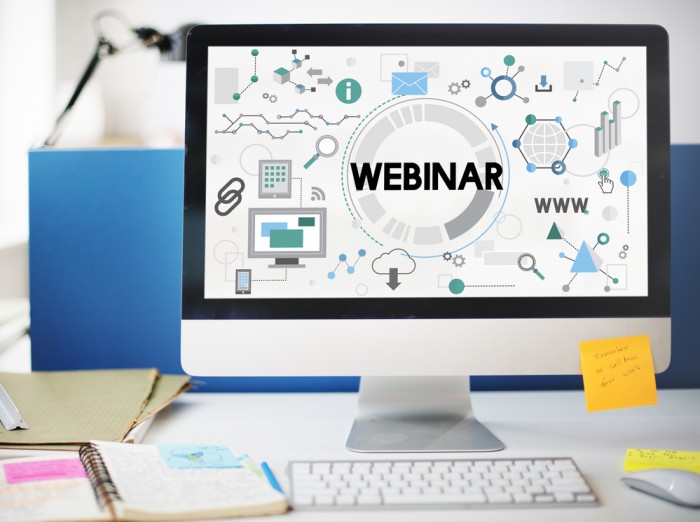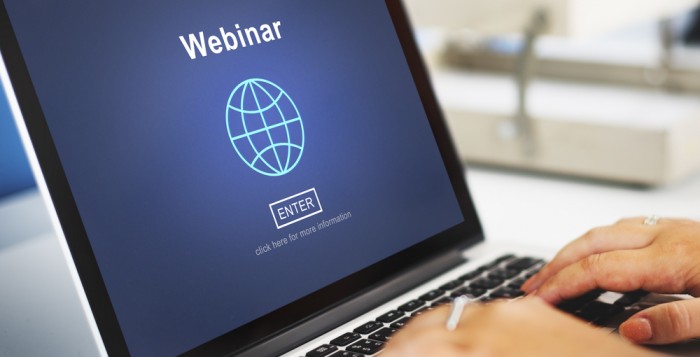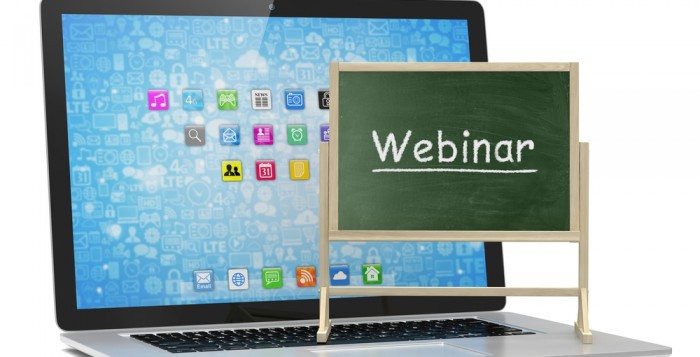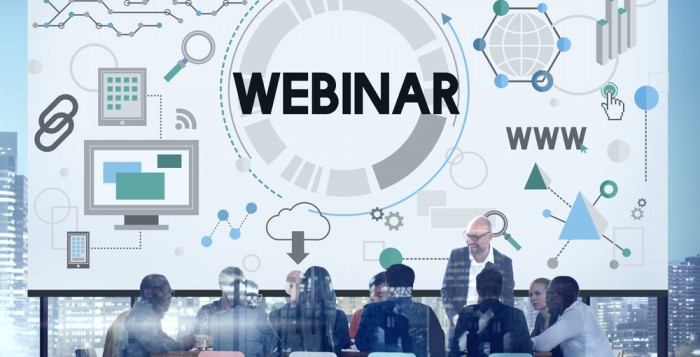Cindi Hobbes
IPRC Webinar “Using Music for Assessment and Care of Children and Young People With DoC” on Sept. 5
Thursday, September 5, 2024
11:00 am – 12:00 pm EDT; 10:00 am – 11:00 am CDT;
9:00 am – 10:00 am MDT; 8:00 am – 9:00 am PDT
Register Here
Dr. Jonathan Pool
Speaker Bio:
Dr. Jonathan Pool is a music therapist and researcher at the Cambridge Institute for Music Therapy Research located in Cambridge, England. He is a senior arts therapist at Chroma, providing clinical supervision to many therapists across the United Kingdom.
He trained as a music therapist and then as a researcher at Anglia Ruskin University. He was awarded his PhD in 2013 for his research in brief group music therapy for cognitive functional gains and emotional needs of adult brain injury survivors in community neurorehabilitation.
Jonathan’s work includes developing interdisciplinary interventions for people with acquired brain injury and their families. As a researcher, he is dedicated to developing evidence on the use of music and music therapy in assessment and intervention for people affected by neurological impairments and diseases, with a special interest in disorders of consciousness. He is passionate about improving lives and reducing suffering through the use of music.
Objectives: At the end of this session, the learner will:
- Understand why a music-based assessment is ideal for the assessment of children and young people with Disorders of Consciousness (DoC);
- Gain knowledge of the development of the MuSICCA – a music-based assessment tool;
- Learn how the MuSICCA is used to assess consciousness in pediatric DoC;
- Learn about how the MuSICCA is being tested for validity, reliability, and clinical utility; and
- Understand how it can support goal setting and planning of care and treatment.
Audience: This webinar is intended for all interested members of the rehabilitation team.
Level: Intermediate
Certificate of Attendance: Certificates of attendance are available for all attendees. No CEs are provided for this course.
Complimentary webinars are a benefit of membership in IPRC/RCPA. Registration fee for non-members is $179. Not a member yet? Consider joining today.
IPRC Webinar “The Role of the Pediatric Rehab Professional Along the Cancer Care Continuum” on August 6
Tuesday, August 6, 2024
1:00 pm – 2:00 pm EDT; 12:00 pm – 1:00 pm CDT;
11:00 am – 12:00 pm MDT; 10:00 am – 11:00 am PDT
Register Here
Jennifer Bernstein, PT, DPT
Speaker Bio:
Jennifer Bernstein, PT, DPT, is a Board-Certified Specialist in Oncologic Physical Therapy. Dr. Bernstein has been a practicing physical therapist for over 10 years, all of which have been spent at Cincinnati Children’s Hospital in Cincinnati, Ohio. Her areas of specialty practice within physical therapy include Oncology, Hematology, and Bone Marrow Transplant for pediatric, adolescent, and young adult patients. Jennifer received her Board Certification in Oncology in 2020 and has been involved in extensive program development and leadership roles representing the hospital’s occupational and physical therapists. She serves as the Specialization Chair for the Oncology section of the APTA, which allows her to actively engage with other passionate members of the organization. She serves as a mentor in the APTA Oncology Mentorship Program and has greatly enjoyed sharing her knowledge about the world of oncology physical therapy. Most recently, Whole-Body Vibration in Oncology Rehabilitation: Perceived Benefits, Barriers and Clinical Willingness was published in the Rehabilitation Oncology Journal, serving as Jen’s second publication. She has enjoyed being featured on “The OncoPT Podcast” and serving as a guest contributor for a Medbridge Course About Adolescent and Young Adult Oncology.
Objectives: At the end of this session, the learner will:
- Demonstrate knowledge of the evidence on exercise and patients with cancer;
- Identify precautions, indications, and contraindications to be considered when working with individuals under treatment for cancer;
- Acknowledge the diversity, complexity, and variability involved in a cancer diagnosis at various life stages; and
- Establish an understanding of the role of rehab professionals throughout the continuum of care for patients undergoing treatment for cancer in various practice settings.
Audience: This webinar is intended for all interested members of the rehabilitation team.
Level: Beginner – Intermediate
Certificate of Attendance: Certificates of attendance are available for all attendees. No CEs are provided for this course.
Complimentary webinars are a benefit of membership in IPRC/RCPA. Registration fee for non-members is $179. Not a member yet? Consider joining today.
National Council to Hold “Pride at the Intersections” Webinar on June 27

Juneteenth – Celebrating the Contributions of Black Americans
To honor the history of Juneteenth and celebrate the contributions of Black Americans, the RCPA Diversity, Equity, and Inclusion Committee encourages you to learn about some exceptional individuals and their accomplishments. Did You Know…
John Mercer Langston
John Mercer Langston became the first Black man to become an attorney in the United States when he passed the bar in Ohio in 1854. The following year, he became one of the first African Americans ever elected to public office in America when he was elected to the post of Town Clerk for Brownhelm, Ohio. John Mercer Langston was also the great-uncle of Langston Hughes, famed poet of the Harlem Renaissance.
Claudette Colvin
Claudette Colvin was arrested at the age of 15 for her refusal to give up her seat to a white woman, nine months before Rosa Parks’ more famous protest. Because of her age, the NAACP chose not to use her case to challenge segregation laws. Despite a number of personal challenges, Colvin became one of the four plaintiffs in the Browder v. Gayle case. The decision in the 1956 case ruled that Montgomery’s segregated bus system was unconstitutional.
Hiram Rhodes Revels
Hiram Rhodes Revels was the first ever African American elected to the US Senate. He represented the state of Mississippi from February 1870 – March 1871.
Robert Johnson
Robert Johnson became the first African American billionaire when he sold the cable station he founded, Black Entertainment Television (BET), in 2001.
Lewis Latimer
While Thomas Edison is credited with the invention of the lightbulb, it was Lewis Latimer, the son of formerly enslaved people, who guaranteed its success. Latimer patented a new filament that extended the lifespan of lightbulbs to extend beyond a few days. In 1882, Latimer was granted a patent for his invention, a feat countless Black innovators in the generations before were unable to achieve.
William Wells Brown
William Wells Brown, author of novel Clotel; or The President’s Daughter that was published in 1853, became the first published African American novelist.
Ketanji Brown Jackson
Ketanji Brown Jackson became the first Black woman to serve on the Unites States Supreme Court after nomination by the president and confirmation by the Senate in 2022.
Gladys West
Gladys West was the second Black woman ever to be employed by the Naval Surface Warfare Center Dahlgren Division and was inducted into the United States Air Force Hall of Fame — one of the highest honors awarded by the Air Force. She leveraged her mathematical and programming expertise to invent an accurate model of the Earth, which was used as the foundation for the creation of the Global Positioning System (GPS).
June is PRIDE Month: Celebrate LGBTQ+ in Your Workplace and Community

What is PRIDE Month?
June 1 marks the beginning of (LGBTQIA+) PRIDE Month, a time to recognize and celebrate LGBTQIA+ individuals in our communities. Pride Month commemorates the 1969 Stonewall Uprising in New York and celebrates the LGBTQ+ community and the fight for equal rights. The Stonewall Uprising began on June 28, 1969, when police raided the Stonewall Inn, a prominent gay bar in Manhattan’s Greenwich Village. The protests that followed are credited with a shift in LGBTQ+ activism in the US and is why PRIDE week is celebrated in June. In many cities across the nation, the celebration is now a month-long series of events. The purpose of the commemorative month is to recognize the impact that lesbian, gay, bisexual and transgender individuals have had on history locally, nationally, and internationally.
Today, celebrations include pride parades, picnics, parties, workshops, symposia, and concerts. LGBTQ+ Pride Month events attract millions of participants around the world. Memorials are also held during this month for those members of the community who have been lost to hate crimes or HIV/AIDS.
What does PRIDE Stand for?
“Pride” is not an acronym, but the LGBTQIA+ community comprises several identities related to sexual orientation and gender identity. Here are the definitions to know:
- L: Lesbian
- G: Gay
- B: Bisexual
- T: Transgender
- Q: Queer, or sometimes questioning
- I: Intersex
- A: Asexual
- +: Encompasses other identities under the rainbow umbrella
Why Recognize PRIDE Month?
According to a recent Gallup poll, over 20% of Gen Z adults in the US identify as LGBTQ+. This has more than doubled in the last twelve years. This growing population is represented in both the current workforce and the client populations we serve.
Visit here for ideas on how to recognize and celebrate LGBTQIA+ individuals this month.
Reminder for IPRC Webinar “Treating Facial Motion Disorders” on June 5
Treating Facial Motion Disorders
Wednesday, June 5, 2024
12:00 pm – 1:00 pm EDT; 11:00 am – 12:00 pm CDT;
10:00 am – 11:00 am MDT; 9:00 am – 10:00 am PDT
Register
Tami Konieczny, MS, OTR/L, BCP
Speaker Bio:
Tami Konieczny is an occupational therapist, board certified in pediatrics, and a clinical supervisor for the past 25 years at Children’s Hospital of Philadelphia. She specializes in the treatment of children with brain injury, facial motion disorders, amplified pain, burns, limb deficiency, and scar management. She has presented nationally and internationally on a variety of topics, including facial motion disorders. She co-authored a book chapter on pediatric upper extremity limb deficiency and has research publications related to facial motion disorders, amplified pain, and quality improvement.
Objectives: At the end of this session, the learner will:
- Identify and define anatomical structures involved in facial expression;
- Identify primary causes of facial paralysis;
- Identify functional impairments related to facial paralysis;
- Review standardized assessment tools used with this population;
- Review methods of evaluation and tracking progress; and
- Review treatment approaches.
Audience: This webinar is intended for all interested members of the rehabilitation team.
Level: Intermediate
Certificate of Attendance: Certificates of attendance are available for all attendees. No CEs are provided for this course.
Complimentary webinars are a benefit of membership in IPRC/RCPA. Registration fee for non-members is $179. Not a member yet? Consider joining today.
National Council to Host “Supporting LGBTQ+ Communities With an Intersectional Lens” Webinar on June 20
Reminder for IPRC Webinar “Treating Post-COVID-19 Conditions in Children” on May 30
Thursday, May 30, 2024
12:00 pm – 1:00 pm EDT; 11:00 am – 12:00 pm CDT;
10:00 am – 11:00 am MDT; 9:00 am – 10:00 am PDT
Register
Laura Malone, MD, PhD
Dr. Laura Malone is the director of the Pediatric Post-COVID-19 Rehabilitation Clinic at Kennedy Krieger Institute. She is also a physician scientist in Kennedy Krieger’s Center for Movement Studies and an assistant professor of Neurology and Physical Medicine and Rehabilitation at the Johns Hopkins University School of Medicine.
Dr. Malone has a PhD in Biomedical Engineering from Johns Hopkins University and her medical degree from the University of North Carolina. She completed her pediatric neurology residency at Johns Hopkins School of Medicine. Dr. Malone’s clinical practice focuses on the neurological care of children with perinatal stroke, other brain injuries, and long COVID. Her research focuses on understanding complex pediatric disorders and on improving outcomes using mechanistic neurorehabilitation approaches. Regarding COVID-19, Dr. Malone investigates clinical phenotypes of children with persistent symptoms after COVID-19 infection and investigates factors and mechanisms that promote good recovery.
Objectives: At the end of this session, the learner will:
- Discuss how our understanding of long COVID has evolved over time;
- Describe guidance regarding assessment and treatment options for children with long COVID; and
- Identify recovery patterns and factors that influence severity and recovery of children with long COVID.
Audience: This webinar is intended for all interested members of the rehabilitation team.
Level: Intermediate
Certificate of Attendance: Certificates of attendance are available for all attendees. No CEs are provided for this course.
Complimentary webinars are a benefit of membership in IPRC/RCPA. Registration fee for non-members is $179. Not a member yet? Consider joining today.
Juneteenth is Just Four Weeks Away: Observe and Celebrate Black History and Culture
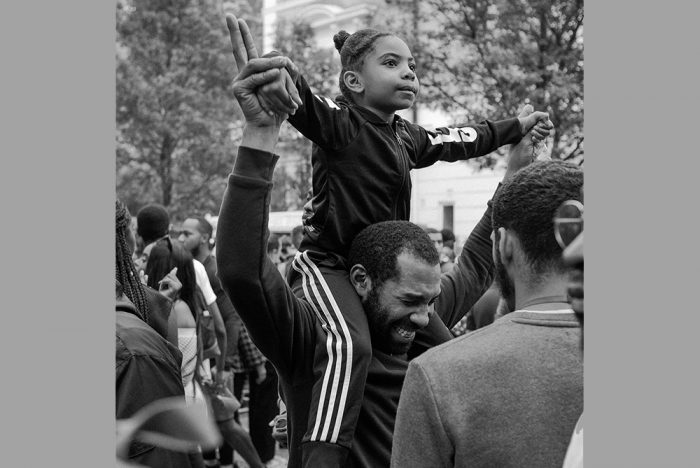
Juneteenth is Wednesday, June 19, 2024, just four weeks away, meaning it’s time to start planning for your organization’s celebration! Recognizing and acknowledging the day and its significance goes a long way to creating a culture of belonging within your organization. There are many ways to celebrate, and we have listed below some suggestions and ideas for your agency.
First, understand the background and history. What is Juneteenth?
Juneteenth is a federal holiday celebrated on the nineteenth day of June to commemorate the emancipation of African-Americans who were enslaved in the United States. It memorializes the end of slavery and has been observed annually since 1865. On June 17, 2021, President Biden signed into law Senate Bill 475, making Juneteenth a federally recognized holiday.
Juneteenth is often celebrated under several names, including National Independence Day, Emancipation Day, Freedom Day, Jubilee Day, Black Independence Day, and Juneteenth Independence Day.
In early 1863, during the American Civil War, President Abraham Lincoln issued the Emancipation Proclamation, which declared the freedom of more than three million slaves living in the Confederate states. More than two years later, on June 19, 1865, this news finally reached people living in Texas with the arrival of Union soldiers. When African Americans living in Texas learned that slavery had been abolished, they immediately began to celebrate with prayer, feasting, song, and dance — the foundation of Juneteenth.
The following year, on June 19, the first official Juneteenth celebrations took place in Texas. Original observances included prayer meetings and the singing of spirituals. Celebrants wore new clothes as a way of representing their newfound freedom. Juneteenth became a state holiday in Texas in 1980, and several other states followed suit. Within a few years, African Americans in many other states were celebrating the day as well, making it an annual tradition.
How is Juneteenth celebrated?
Today, many Juneteenth celebrations include prayer and religious services, speeches, educational events, family gatherings and picnics, and festivals with music, food, and dancing. In some places, demonstrations and parades commemorate the day. These celebrations often include ways to honor aspects of African-American culture.
While Juneteenth has immense meaning for the African-American community, there is value for every person — regardless of race, culture, or background — to observe this holiday. A celebration of freedom for any group is a celebration of the ideals that we value as a nation.
Juneteenth is a day for all Americans to celebrate liberty, resilience, and strength. While participating and commemorating, all should pause to acknowledge the historical and somber importance of the day.
Why should we celebrate Juneteenth in the workplace?
Celebrating Juneteenth in the workplace sends a strong message to African-American employees, clients, and community members that the black experience, black history, and the struggles endured are worth acknowledging.
What are some ideas for planning a Juneteenth celebration at work?
- Recognize It as a Holiday: Give employees paid time off, such as half a day, the whole day, an extended lunch, or early dismissal.
- Educate Employees: Share facts about Black history, the ongoing fight for civil rights, and the issues Black people face. Consider a “Did you Know?” campaign.
- Invite Guest Speakers: In-person or virtual sessions with experts in racial justice, civil rights, or DEI can share insights as well as personal experiences and inspire action.
- Share Traditional Juneteenth Foods: If hosting a meal, include traditional soul foods on your menu. Consider providing a voucher to a local Black-owned restaurant for staff who cannot attend.
- Include Celebratory Music: Consider live music or a Juneteenth play list.
- Share Media and Reading Materials: Connect and share Juneteenth media and reading materials. Read a story or watch a movie or video as a group.
- Support Black Businesses: Include Black-owned businesses in your celebration.
- Encourage Participation in Community Events: Engage with your community in a productive way.










